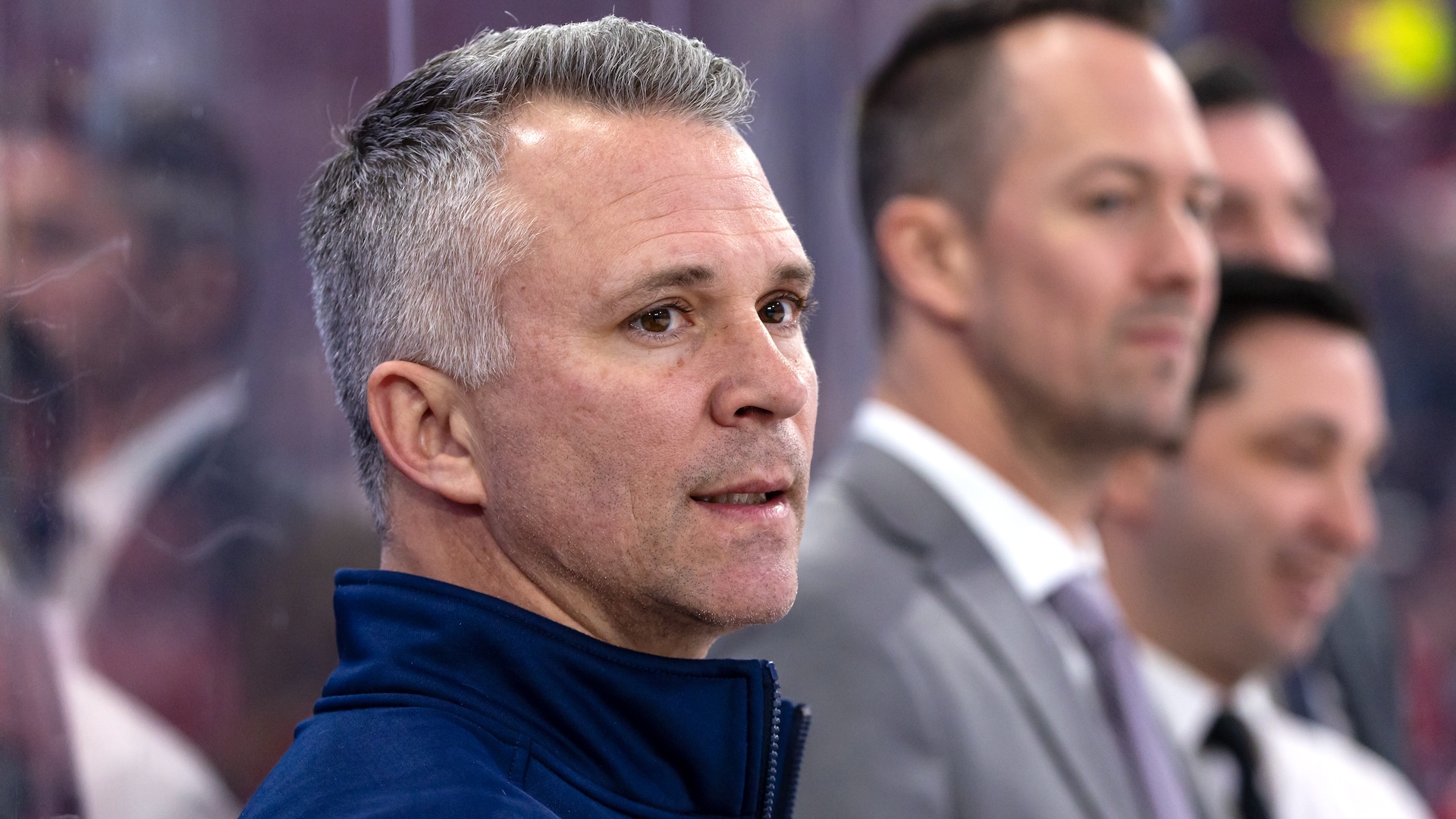It’s not a surprise to anybody that pays attention to the B’s salary cap, but the Bruins will be paying the NHL’s biggest salary cap bonus penalty next season w/a $4.5M penalty due because of Patrice Bergeron & David Krejci’s one-year deals for this season https://t.co/5XWDUhiuUS –
Joe Haggerty (@HackswithHaggs) April 21, 2023

The way things work in the NHL, a club has the right to give bonuses to certain players. Normally, it’s the players on their entry-level contracts and veterans aged 35 and over who are entitled to them. If a club is unable to pay all its players’ bonuses under the current year’s payroll, it simply rolls them over into the following year’s payroll.
At the Bruins, for example, the contracts of Patrice Bergeron and David Krejci mean that the club will have a $4.5 million penalty on next year’s payroll. It’sconsiderable, but expected.
A guy like Sean Monahan, because of his many injuries, would also be eligible for such a contract next year, even if he’s not 35 or older or no longer on his entry-level contract.But that’s another matter.
For the Canadiens, it was clear that bonuses would be deferred. But why? Because there were a number of young players who were going to get a lot of ice time, and because the contracts on the long-term injured list are hurting right now. It’s all very well for people to say that Carey Price and Paul Byron didn’t hurt the CH because they spent the season on the LTIR… and most of the time, that’s true. But in the summer, when the mass can only be exceeded by 10% and the LTIR doesn’t exist, it hurts. And at the end of the season, when it’s time to calculate the final payroll, it hurts too. What you have to understand is that Price’s $10.5 million is not completely exempt from the payroll. If, with Price’s contract, the CH goes $2.5 million over the cap, that amount is credited, but not the extra $8 million. It’sthe same principle for Byron and Monahan, who spent the bulk of the season on the LTIR.
To put it plainly: every day, the Habs are capped and credited with only what they need, leaving no room to pay youth bonuses. This is where long-term injuries hurt the club, and seeing the CH defer their bonuses isn’t even the beginning of a surprise. All this tosay that four players (Sean Farrell, Cole Caufield and his 46 games, Kaiden Guhle and Jordan Harris) collected the bonuses, whether for points or games played. This will cost $1.17M, which is less than the Bruins ($4.5M) and Flyers, who are at $1.1875M.
🚨Breaking🚨
15 Teams incurred Performance Bonus overages from this year which will be a bonus carryover cap hit for 23-24.#NHLBruins lead the way with a $4.5M bonus overage #FueledbyPhilly & #GoHabsGo next with $1.1M+ Check out full list and recap:https://t.co/pDj3rCo0Lz –PuckPedia (@PuckPedia) April 21, 2023
Last year, with Price and Weber, the Canadiens were in the same situation, and deferred $1.132 million in bonuses. This amount was not used this year by Kent Hughes, since it counted against the club’s payroll. Next year, it will be an even larger amount, since the $1.17M is greater than $1.132M. At least, the salary cap will rise from $82.5M to $83.5M, which will help.

Note that the two contracts of the players whose salaries Kent Hughes has held back (Evgenii Dadonov and Nick Bonino) will expire this summer, so for the time being, the GM has a little extra cash on hand. But he’ll be holding some back elsewhere this summer/fall, in my opinion. Let’s also remember that there’s still a year to go before Karl Alzner’s contract disappears completely off the books. His buyout means that in 2023-2024, he’ll still count for $833,333 on the CH’s payroll. Next summer, however, it’s all over.
In gusto
– Seen it all the same.
Romanov has been on the periphery of the playoffs so much: brought into the playoff bubble from Russia but not playing, spot duty in the run to the final in ’21, injured this year
. Have always thought Romanov’s game was perfect for the playoffs. I guess we’ll find out. https://t.co/EsEAZapQyT –Arpon Basu (@ArponBasu) April 21, 2023
– Nice read.
Two mornings in his life, Alex Burrows woke up convinced that, come evening, he’d be Stanley Cup champion. Twelve years later, it still haunts him. https://t. co/dNCP2pj8DJ –
Jonathan Bernier (@JBernierJDM) April 21, 2023
– Really?
The NHL is getting into NFTs, but a little too late. And their site seems to have been made with technology dating back to 1993
. In short, it’s doomed to failure.https://t.co/Aj7ThQcOz6 –Michel Laprise (@MLapriseRDS) April 21, 2023
– Backup for Laval next season? [By the way,
I’ve never had a blue hook and I don’t want any more. For those of you who have lost your all-important little hook, you’ll get over it. For those who left Twitter because of it…🤦🏻 –
Renaud Lavoie (@renlavoietva) April 21, 2023










